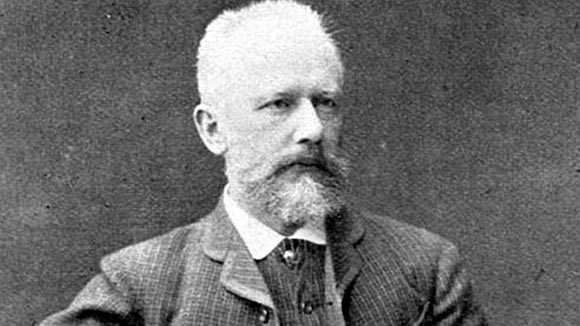
Pyotr Ilyich Tchaikovsky was an outstanding Russian composer, born on the 7 May, 1840 in Votkinsk, Viatka district, Russia. Despite having some serious psychological childhood ailments, Tchaikovsky managed to produce some of the most exquisite and counter-traditional classical music of the time. Tchaikovsky demonstrated keen ability behind the piano at the early age of five. However, at the behest of his parents who wanted him to work in the civil service, he decided not to pursue music until the age of 21. Around 1861, Tchaikovsky started taking up music lessons under the Russian Musical Society label, later joining the St. Petersburg Conservatory, a place he learned much from, and remained in close connections with for the remainder of his esteemed career.
After taking up a professorship at the Moscow Conservatory in 1866, Tchaikovsky began work on one of his first and most recognizable compositions. This was called Winter Dreams, or the First Symphony. Although this work did not prove to be his landmark composition, other pieces from this period such as his first opera The Voyevoda (1867-68) were quite widely received. Although the records of this manuscript and full score were erased soon after, it collectively made use of effectively-arranged vocal, brass, percussion and string instruments, and truly managed to move the audiences. Another important piece by Tchaikovsky in the late 1860s was Romeo and Juliet (1870), which was based on Shakespeare’s play of the same name. Although having been revised later in 1880, the original play was based on a tri-partite arrangement of symphonic poems, made along parallel lines of the play’s story itself. Not long after, Tchaikovsky took hold of serious popularity, with a multitude of compositions taking shape in an array of musical styles. Some of these works, which are still popular in the Western world, are his String Quartet No. 1 (1871), Symphony No. 2 (1872), an opera Vakula the Smith (1874) and his first Piano Concerto (1874-75). In the latter composition, Tchaikovsky made use of impressionable lyrical and chordal progressions, the everlasting effect of which is still warm in the hearts of classical music enthusiasts today.
In 1875, Tchaikovsky began work on his first ballet, Swan Lake. The thematic origins of this work were Russian in nature, developing a large fan base in the country itself. The popularity of this remarkable piece spread to international realms in the years to come. In the 1880s, he continued pursuing interests in opera, concertos, symphony and ballets, by composing for works such as 1812 Overture (1882), Concert Fantasia (1884), Cherevichki (1885) and the ballet Sleeping Beauty (1889). Another successful composition from this period was the Fifth Symphony (1888), a classic piece that had the trademark Tchaikovsky label on it. Towards the end of Tchaikovsky’s career and life, he worked on some of his most prized compositions, including The Queen of Spades (1890), The Nutcracker (1892) and Piano Concerto No. 3 (1893), the latter completing his piano concerto trilogy in exquisite style.
Throughout his career, Tchaikovsky ensured his music attended to a global conceptual theme rather than strictly adhering to Russian principles. Although this often resulted in clashes with the majority of conservative Russians of the time, his remarkable ability to merge various musical styles with perfect harmony, melody, rhythm and repetitive structures shunned aside all odds and categorized his compositions on a whole new level. Pyotr Tchaikovsky died in St. Petersburg, Russia on the 6 November, 1893.